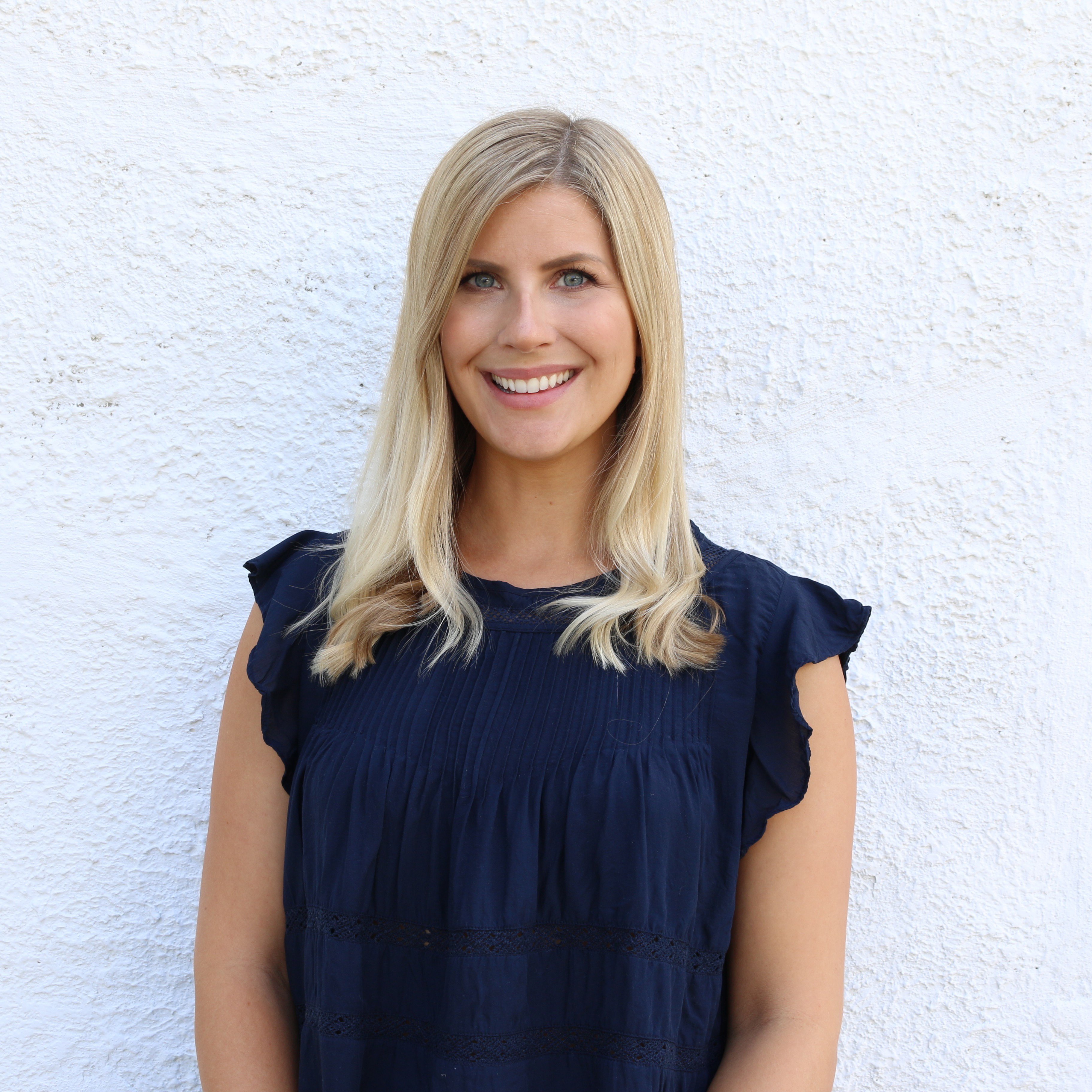What is mortgage origination?
No matter your potential home's origin story—perhaps it's a historic property, perhaps it’s a new build in a master-planned community—it's going to need successful mortgage origination before it's yours.
Mortgage origination is a complex process that boils down to one thing: A lender gives the buyer the money they need to purchase the home. Purchasing in all cash? You won't go through mortgage origination. But buyers who work with a lender will need to get the thumbs up from an underwriter in order to receive the funds to close on a home.
Mortgage origination is a specific type of loan origination—the catch-all term for the process of initiating and eventually funding a loan. While the steps of loan origination depend on what type of loan you're applying for, mortgage origination is tailored to the homebuying process.
Keep reading to learn more about basic mortgage origination steps, the role of mortgage originators, primary and secondary mortgage markets, and origination fees. You'll also find crucial information on federally mandated borrower protections designed to make the mortgage origination process a financially prudent one for buyers.
CHECK OUT MORE CONTENT FROM OUR HOMEBUYERS WEEK
Basic Mortgage Origination Steps
To initiate the mortgage origination process, you'll start by applying for the loan. During this process—which can also happen during pre-approval or even pre-underwriting—your lender or mortgage broker will ask you all sorts of questions about your financial history, work history, homeowner history (if applicable), rental history, and more. They'll also ask for all the documentation to confirm the information you provide.
More often than not, you'll be working face-to-face with an agent at your lender's office, although you may be able to apply using a self-service loan application where you'll fill out the paperwork yourself. Personally, I felt it was helpful having someone hold my hand.
Next, the lender will assess your materials and check your credit score to determine if you're a qualified candidate to receive a loan. During pre-approval, this process happens relatively quickly—but the lender hasn't approved you just yet. You'll still have to go through a thorough underwriting process during escrow to determine whether or not your loan will actually be funded. The lenders will look at factors such as debt-to-income ratio to help them decide on your viability as a loan recipient.
Then, they'll prepare a whole bunch of documents, which even has its own name in the real estate industry: doc prep. During doc prep, the lender will get all the closing contracts together and provide detailed written documentation and disclosures regarding the terms of your loan. Toward the end of the origination, you'll sign the document package.
Once the lender processes the signed documents, it's time to celebrate: You got the mortgage loan, and you can close on your home!
Mortgage Originators
Mortgage originators are more commonly known as loan officers, and you'll be working with them closely during the underwriting process. Sometime, mortgage brokers can serve as mortgage originators as well. No matter who your mortgage originator is, he or she will be working within the primary mortgage market (more on that below).
Mortgage originators will complete tasks such as interviewing applicants and staying in touch with them during the origination process, screening preliminary loan requests, submitting all applications and documentation for processing, and monitoring the status of a loan from application to funding.
Primary and Secondary Mortgage Markets
Primary mortgage markets are the only thing you need to be concerned with while you're in the homebuying stage. Primary markets refer to the initial place where you receive funding—a buyer to lender relationship.
However, once you've purchased your home, you may be subject to the secondary mortgage market. This means your mortgage will be packaged and sold to another institution. Don't worry though: It doesn't change the terms or conditions of your loan.
In my own experience, when my mortgage was sold on the secondary market, I was alerted via snail mail but did not see any difference in my daily life or the way I pay my mortgage each month.
Origination Fees
Origination fees are basically just commissions paid to the mortgage originator, whether it's a loan officer or mortgage broker. They worked hard to fund your loan, so they’ll receive a percentage of its value as their reward.
Origination fees are usually collected as a percentage of the loan amount. Caps (usually at 3 percent) are placed on the origination fees for smaller loan amounts under $100,000, and loans above $100,000 usually have origination fees of 1 percent.
Borrower Protections
The Consumer Financial Protection Bureau is a great resource for understanding federally mandated ways you're protected when you search for a home. Mortgages must be qualified, meaning they must comply with certain rules such as not being longer than 30 years and always paying down principal rather than interest only.
Federal buyer protections also mean lenders can't charge you hidden fees and cannot require arbitration (meaning, not going through formal court proceedings if a dispute arises). The higher your loan, the stricter protections you'll enjoy.

